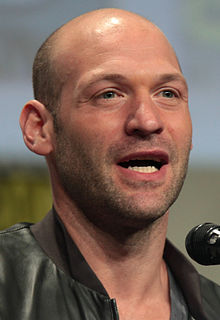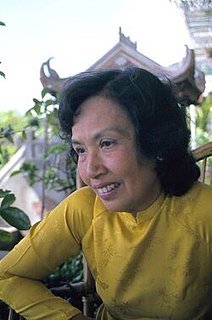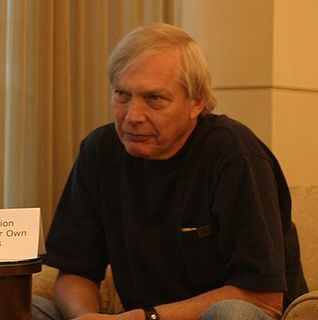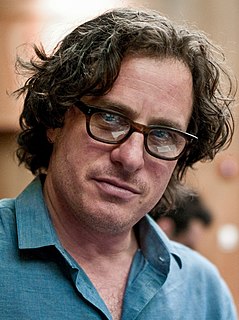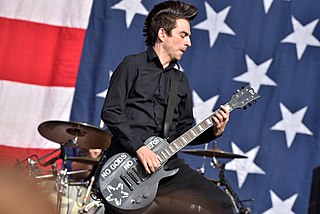A Quote by Corey Stoll
My parents met when they were 16 and bonded over the antiwar movement.
Related Quotes
When I began writing poems, it was in the late 60s and early 70s when the literary and cultural atmosphere was very much affected by what was going on in the world, which was, in succession, the civil rights movement, the antiwar movement, and the women's movement in the 60s, 70s, and into the early 80s. And all of those things affected me and affected my thinking, particularly the Vietnam War.
What interested me most about the Kennedys was the family situation. Somehow, they had created this family that lasted over time, they had a sense of connection to one another. Especially now, when people are spread all over the country and they don't see grandparents and parents, this family bonded together.
